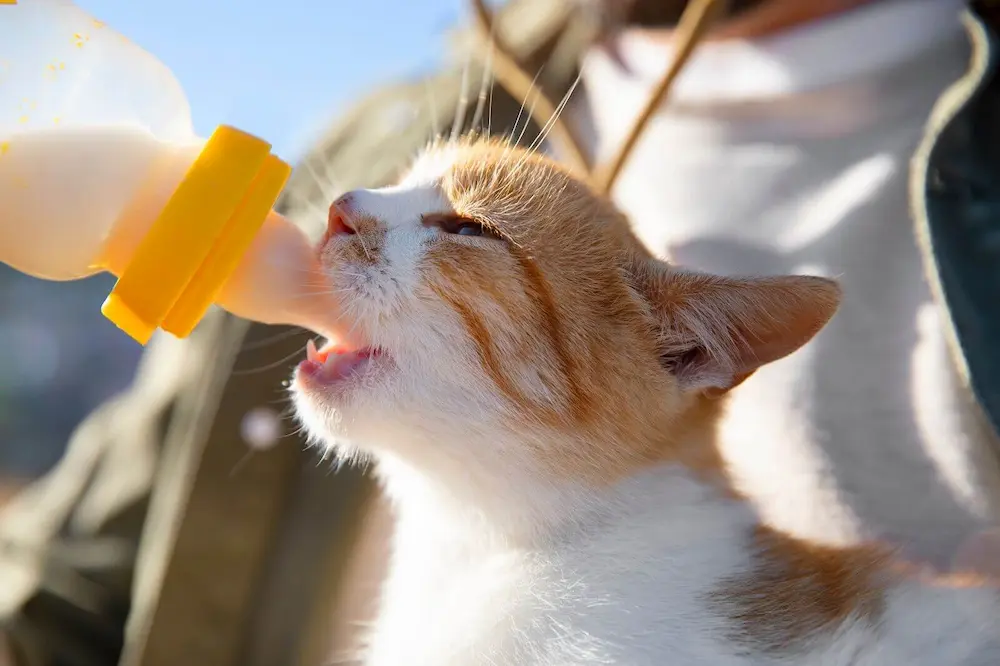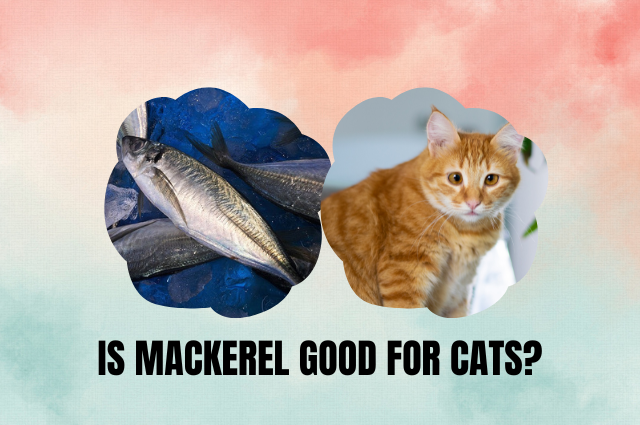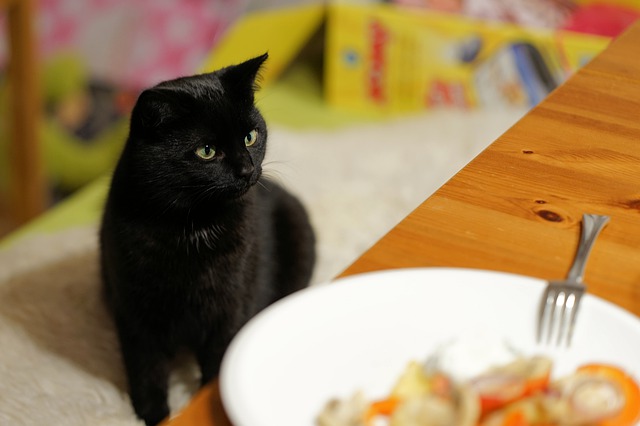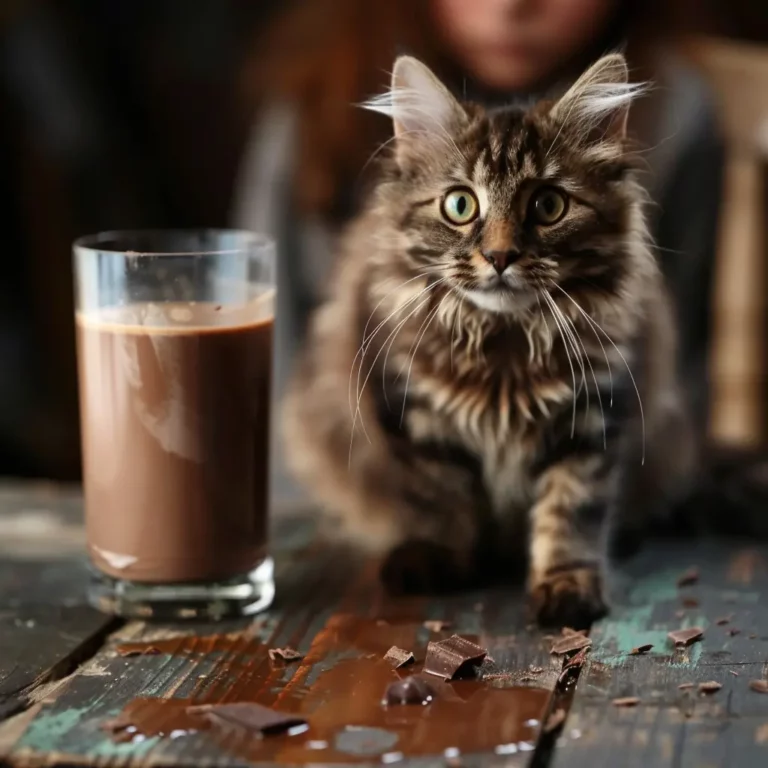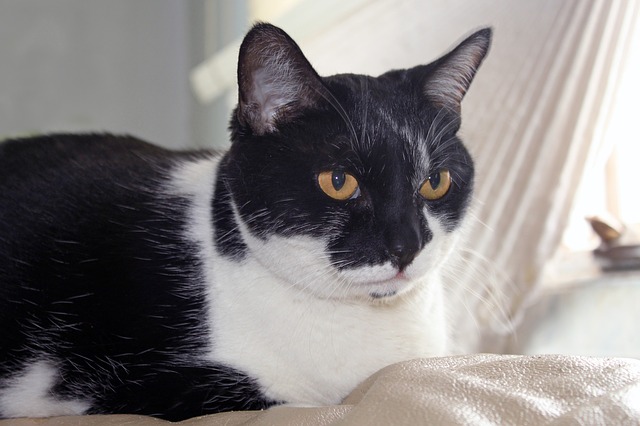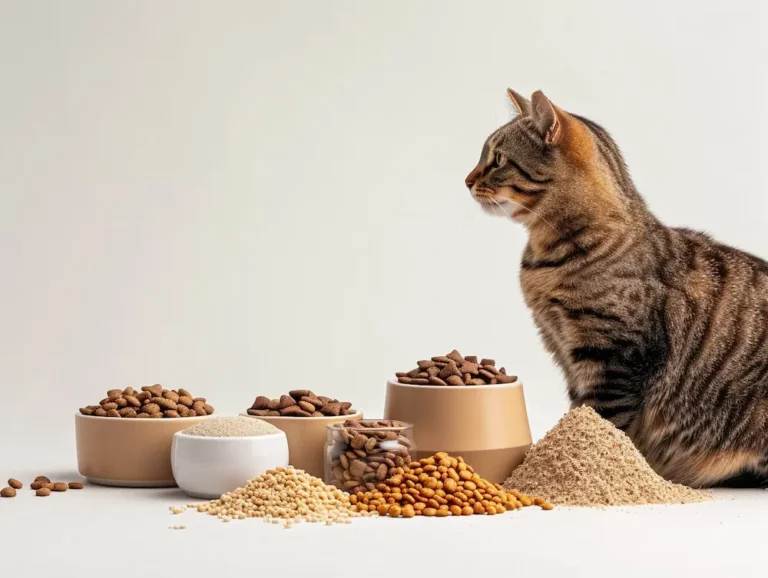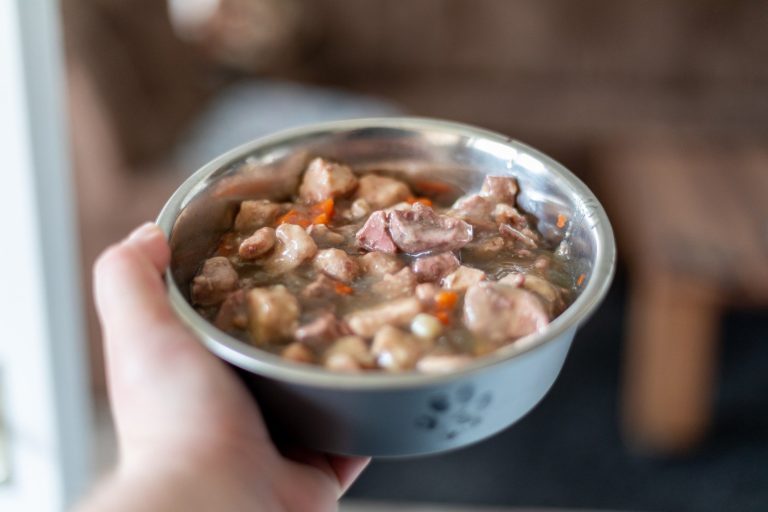Can Your Cat Enjoy Oat Milk? The Facts Explained
I’ve always been curious about what kinds of human foods are safe for our kitty companions, and recently, oat milk caught my attention.
While it’s plant-based and lactose-free, making it a seemingly safe choice for lactose-intolerant cats, I wondered if it could actually be beneficial or if it might cause issues.
Oat milk doesn’t have the essential nutrients like taurine that cats get from their regular diet, and giving it to them too often could lead to some digestive problems.
So, is it okay to give cats oat milk occasionally, and if so, how much is too much?
Nutritional Content of Oat Milk
Oat milk, made from whole oat grains and water, is packed with nutrients like fiber, vitamins, and minerals.
It’s a healthful choice for those looking for a dairy-free alternative.
I’ve found that oat milk contains beta-glucan, a type of soluble fiber known to improve heart health by lowering cholesterol levels.
It’s also rich in B vitamins like B2 (riboflavin) and B12, which are essential for energy production and maintaining a healthy nervous system.
When I looked into its mineral content, I was pleased to see that it contains essential minerals such as calcium, iron, and magnesium.
Calcium is important for bone health, iron supports the production of red blood cells, and magnesium is essential for muscle and nerve function.
Plus, oat milk is low in saturated fat and usually fortified with additional nutrients like vitamin D, which aids in calcium absorption and supports immune function.
For anyone aiming to nourish themselves and those they care for, oat milk offers a fantastic blend of health benefits.
It’s a versatile option, suitable for various dietary needs, and its creamy texture makes it a delightful addition to cereals, smoothies, and even coffee.
Cats’ Dietary Needs
Cats have unique dietary needs that differ significantly from those of humans.
As obligate carnivores, they rely heavily on a diet rich in animal protein.
This means their bodies are specifically adapted to extract nutrients from meat.
Unlike us, cats can’t produce certain essential amino acids, like taurine, on their own. They need to get it from their food, and meat is the best source.
Interestingly, cats also need a good amount of fat in their diet, which provides them with energy.
They don’t digest carbohydrates as efficiently as we do, so a high-carb diet isn’t suitable for them.
Vitamins and minerals, like vitamin A and niacin, are also important.
Cats can’t convert plant-based sources of these nutrients into the forms they need, so they must obtain them from animal products.
Hydration is another critical aspect of a
While cats don’t always drink a lot of water, they get necessary fluids from their food, especially if they’re eating wet food.
Staying hydrated helps their kidneys function properly and supports overall health.
Oat Milk Benefits for Cats
Let’s talk about oat milk and what it can offer our
I’ll break down its nutritional value and how it might impact your
It’s important to know whether this trendy milk alternative is a good choice for your kitty.
Nutritional Value Analysis
When we look at the nutritional profile of oat milk, it’s clear that it offers several benefits that could potentially be advantageous for our
Oat milk is plant-based and naturally lactose-free, making it a safer alternative for cats that are lactose intolerant.
But what exactly does oat milk bring to the table nutritionally?
Here’s a quick breakdown:
| Nutrient | Benefit for Cats | Amount per Cup* |
|---|---|---|
| Fiber | Aids in digestion | 2 grams |
| Protein | Supports muscle health | 4 grams |
| Vitamin D | Bone health | 2.5 mcg |
| Calcium | Strengthens bones | 350 mg |
*Note: Values can vary by brand.
Fiber in oat milk can help with digestion, while protein supports muscle maintenance and growth.
Vitamin D and calcium are important for bone health, which is just as significant for our beloved companions as it is for us.
I find these nutrients particularly valuable, especially for older cats who might need a bit more nutritional support.
However, oat milk shouldn’t replace a balanced diet but can be a supplement in moderation.
Always consult your vet to make sure it fits into your
Digestive Health Impact
Many might wonder how oat milk impacts a
While oat milk isn’t a natural part of a
First off, oat milk is lactose-free, which is a big plus for cats. Many cats are lactose intolerant, so traditional dairy can upset their stomachs.
Here are some potential benefits of oat milk for
- High Fiber Content: Oat milk contains soluble fiber, which can aid in regular bowel movements and prevent constipation.
- Hydration: With its water content, oat milk can help keep cats hydrated, especially if they’re not big water drinkers.
- Low Allergen Risk: Oat milk is less likely to cause allergic reactions compared to cow’s milk, reducing digestive discomfort.
- Gentle on Stomach: Because it’s plant-based, oat milk is generally easier for cats to digest.
- Nutrient-Rich: Oat milk often contains vitamins like B12 and D, which can support overall health.
It’s important to introduce oat milk slowly and observe any changes in your
Potential Risks of Oat Milk
When it comes to oat milk, I’ve got to be cautious about a few potential risks for my
Nutritional imbalances, allergic reactions, and gastrointestinal upset are some concerns that can’t be overlooked.
Let’s explore these risks to guarantee our beloved pets stay healthy and happy.
Nutritional Imbalance Concerns
Feeding oat milk to cats can lead to nutritional imbalances due to its low protein content and lack of essential nutrients.
Cats are obligate carnivores, which means their diet needs to be rich in animal proteins and specific nutrients that oat milk simply doesn’t provide.
When I contemplate giving my
While we might enjoy the occasional oat milk latte, our
Here are some essential points to keep in mind:
- Critical protein content: Cats need a high-protein diet, and oat milk falls short.
- Absence of taurine: Taurine is an essential amino acid for cats, and oat milk doesn’t contain it.
- Calcium deficiency: Oat milk doesn’t have enough calcium to meet a
cat ‘s needs. - High carbohydrate content: Cats don’t process carbs well, and oat milk can be too carb-heavy.
- Lack of essential vitamins: Vitamins like A and D, important for cats, are missing in oat milk.
Possible Allergic Reactions
One risk of giving oat milk to cats is the possibility of triggering allergic reactions.
I know it sounds strange, but just like humans, cats can have allergies too.
They might be allergic to oats, or even to some of the additives and preservatives often found in commercial oat milk.
When a
You might notice symptoms like itching, swelling, or skin rashes.
In more severe cases, it could lead to respiratory issues, which can be quite scary.
Imagine your kitty struggling to breathe just because of a little treat!
I’ve read that cats’ immune systems can be pretty sensitive.
So, even if oat milk seems harmless, it’s important to be cautious.
If you’re determined to share oat milk with your
Ultimately, it’s our responsibility to ensure the health and safety of the animals we love.
Being aware of potential allergic reactions can help us make better choices.
It’s always best to consult with a vet before introducing new foods into your
Gastrointestinal Upset Risks
Let’s talk about another concern: oat milk can sometimes cause gastrointestinal upset in cats.
While oat milk might seem like a nutritious alternative, our
Cats are obligate carnivores, meaning their bodies are designed to digest meat, not plant-based milks.
Here are some potential issues oat milk could cause:
- Diarrhea: The fiber in oat milk, although beneficial for humans, can be too much for a
cat ‘s system, leading to loose stools. - Bloating: Cats may experience gas and bloating because their digestive enzymes aren’t equipped to handle the complex carbohydrates in oat milk.
- Vomiting: Some cats may react to oat milk by vomiting, especially if they have sensitive stomachs.
- Dehydration: Diarrhea and vomiting can quickly lead to dehydration, which is particularly dangerous for cats.
- Nutritional Imbalance: Relying on oat milk can disrupt a
cat ‘s essential nutrient intake, leading to deficiencies.
As much as we want to treat our pets to new things, it’s important to remember their unique dietary needs.
If you’re ever in doubt, consult your veterinarian before introducing any new food or drink into your
Taking these precautions helps ensure our furry companions stay healthy and happy.
How Much Oat Milk Is Safe
When it comes to giving your
I’ve found that while oat milk isn’t toxic to cats, it should only be an occasional treat.
Cats are obligate carnivores, which means their primary diet needs to be meat-based.
Oat milk lacks the essential nutrients they require and too much can lead to nutritional imbalances.
I usually limit the amount to a teaspoon or two once a week.
This small quantity is enough to satisfy their curiosity without causing harm.
Remember, cats have sensitive digestive systems, and introducing too much oat milk can result in gastrointestinal upset, like diarrhea or stomach pain.
It’s important to avoid flavored or sweetened oat milk varieties, as these often contain additives and sugars that are harmful to cats. Always check the ingredient list for any potentially harmful substances.
By sticking to plain, unsweetened oat milk and offering it sparingly, you can make sure your
Alternatives to Oat Milk
If you’re looking for alternatives to oat milk for your
Remember that cats are obligate carnivores, meaning their diet should primarily consist of meat.
That said, here are some alternatives you might consider:
- Water: The ultimate hydrator and absolutely crucial for your
cat ‘s well-being. - Cat-Specific Milk: Formulated to be safe and gentle on a
cat ‘s stomach, often lactose-free. - Bone Broth: A nutrient-rich option that’s great for hydration and can be a delicious treat.
- Goat’s Milk: Easier to digest than cow’s milk, but should still be given in moderation.
- Wet
Cat Food: Provides hydration along with essential nutrients and protein.
Water is the best option, as it’s what cats naturally need. However, occasionally offering
Goat’s milk can be an option, but always in moderation.
Most importantly, wet
When in doubt, always consult your vet to make sure you’re making the best choices for your
Conclusion
So, while oat milk can be a fun, occasional treat for your
Overdoing it could lead to tummy troubles. Always chat with your vet before introducing any new treat.
Remember, a balanced diet is key to keeping your
